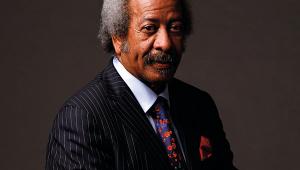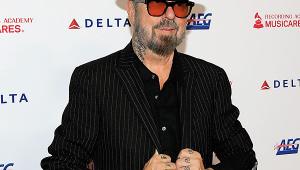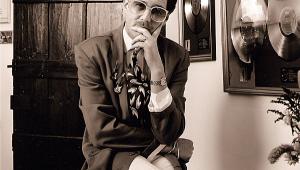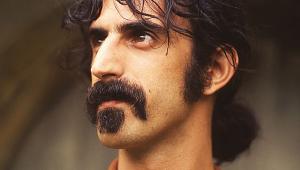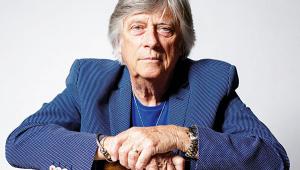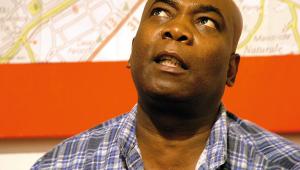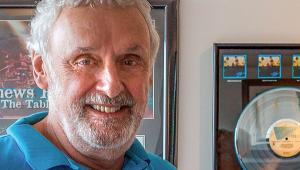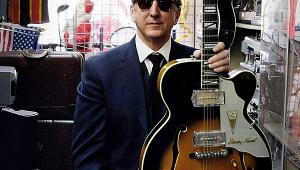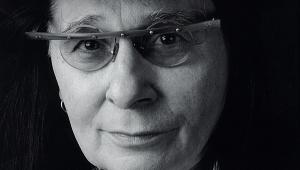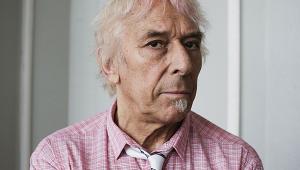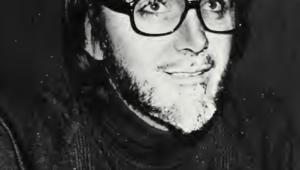Phil Ramone Page 2
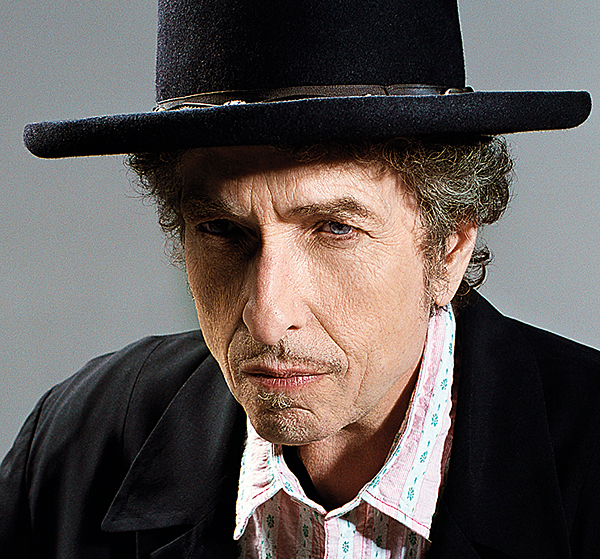
The list of artists Ramone worked with over the years is way too long to detail here plus there are his numerous concert, film, Broadway and TV productions including the Streisand/ Kristofferson A Star Is Born, Beyond The Sea (the Bobby Darin biopic starring Kevin Spacey), Midnight Cowboy, Flashdance, Ghostbusters and On Her Majesty's Secret Service. Notable highlights of his career include engineering the jazz samba Getz/Gilberto LP (for which he won his first Grammy), co-producing Bob Dylan's stunning Blood On The Tracks and acting as music director at John F Kennedy's famous White House party in 1962 when Marilyn Monroe sang 'Happy Birthday' to the president.
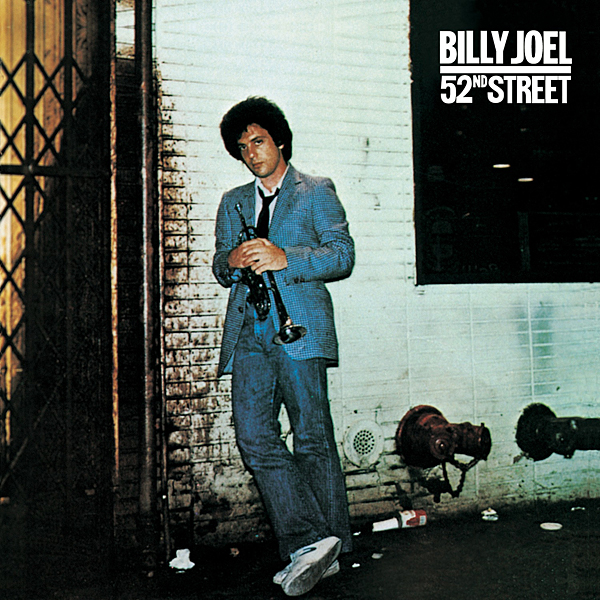
Handle With Care
Probably Ramone's most famous collaborations were with Paul Simon (Still Crazy After All These Years) and Billy Joel (The Stranger, 52nd Street...). So what was the secret of his enormous success?
'Joviality,' he said. 'Convincing people that they are really good and getting them to play at a new level, that's what I look for. And understanding what the assignment is, because that's forgotten for most of the time. People can perform and play well, but the actual intent in what they're trying to do in the music can be lost. Trying to get everybody on the same page is what being a good producer is about.
'Rudeness is something I just can't tolerate. The engineers and the people who bring you the coffee are as sacred to me as the people at the door. So you have to deal with your own psyche and be humble.
'When you get to know an artist, you find out the things that have peeved them over the years, and it's generally the stuff that has to do with somebody not wanting to do things their way in the studio.
'I served a long time as an engineer, watched many famous producers work, and I decided on the personality that came most easily to me, which is the more relaxed; to give artists encouragement when needed. Players are like thoroughbreds. You have to handle them with care, and if they start competing with each other it can be the most terrible sound you ever heard. But if you get them wound up to perform together, there's nothing like it...
'I don't get caught up in the stamp of approval, because we, as producers, are way in the back. If our names were on the front cover, it'd be different, but it's not on the front cover, and the audience doesn't care. I don't think they go to the Phil Ramone section in Tower Records,' he said once. 'They just don't. So you have to put your ego where it belongs: with the artist, the song and crew you put together.
'The reward of producing comes when somebody inside the record company who has a lot to do with what's going on actually calls you and says, "Boy, this record really came out great".
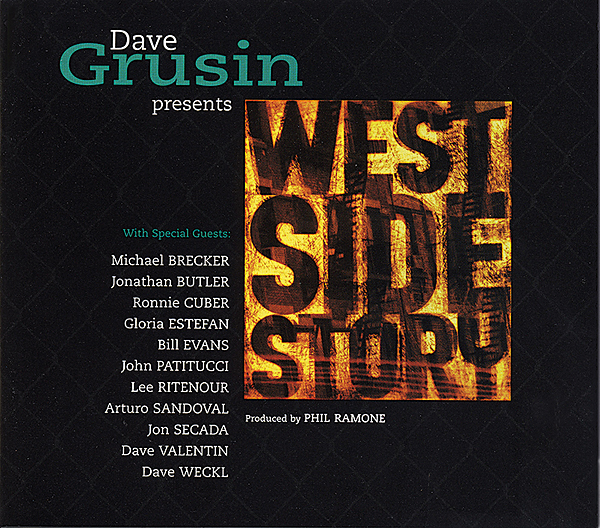
'Or when other artists call you and want to work with you. Probably my strongest point is to get a group of people to play well together in each other's structures, so in that sense you could call me an old-style producer.
'Then again, I'm all in favour of high-end technology. I'm always seeking for the better sound and the better computer... Today you can paint in acrylics or in oil or any medium you want: analogue, digital in different resolutions, and so on. What's great is the speed of new technological advances.'
Invisible Touch
Phil Ramone passed away aged 79 in February 2013 from an aortic aneurysm. The eulogies were profuse, one critic at National Public Radio nailing his genius...
'Unlike the rock-era producers who leave pools of reverb and other fingerprinted trademarks on the final product, Ramone attempted to make his technical considerations and sound-shaping effects invisible. He trained the spotlight on the singer, or the musicians and he left it there... He rendered the details of the music as faithfully as possible.'
It's what you know and who you know… Phil Ramone had the lot.

